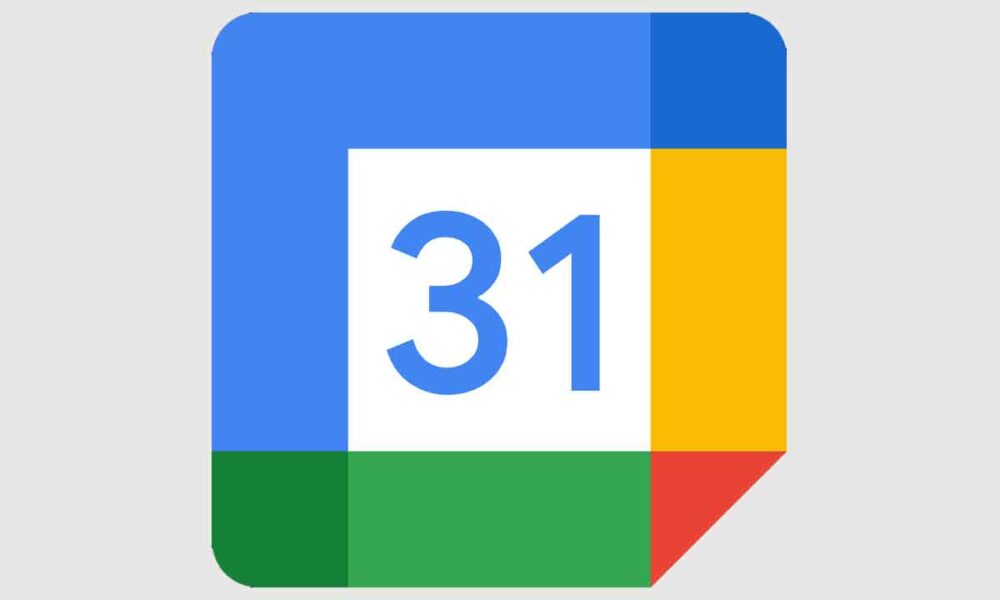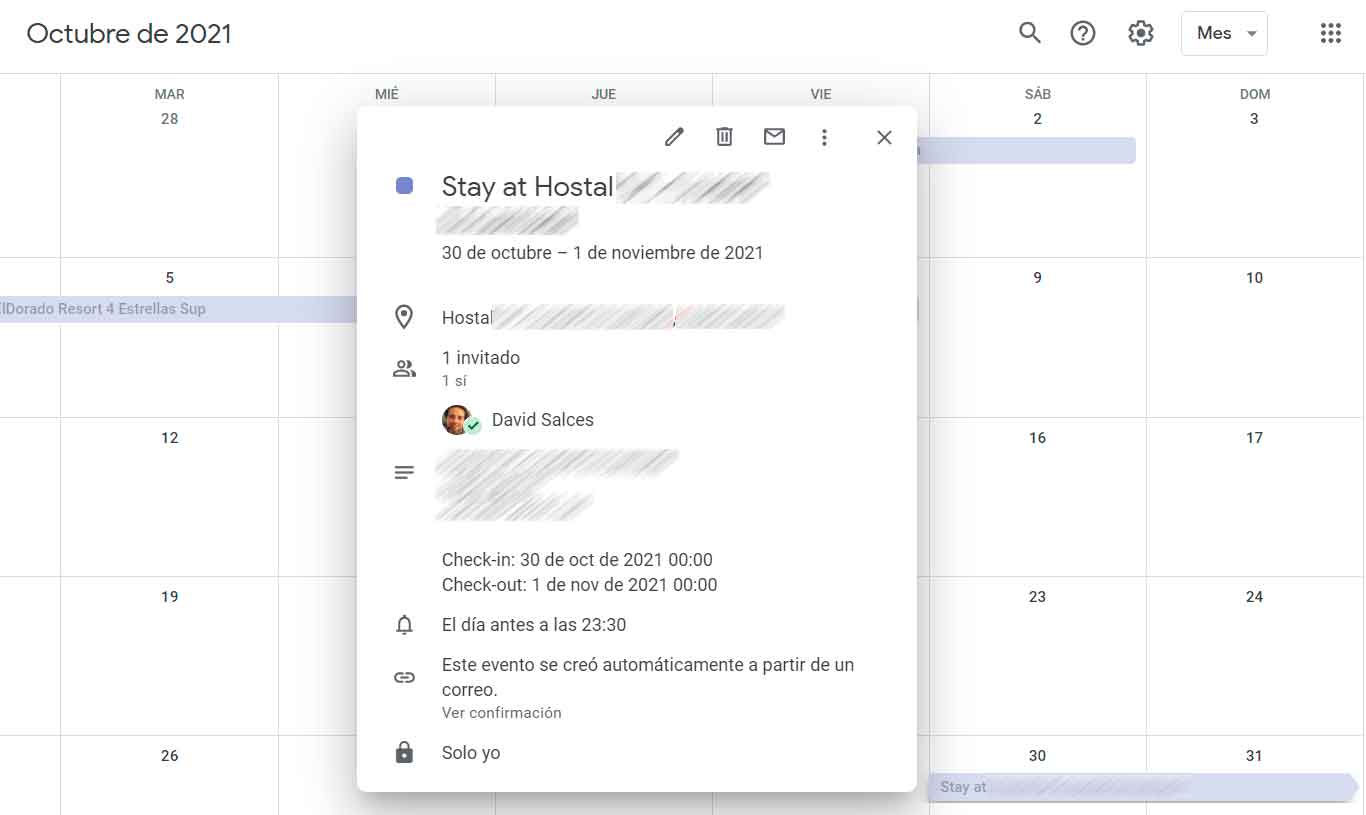
If you are a user of Google Calendar, it is possible that on some occasion you have been surprised to receive a reminder of an event you didn’t know about until now and what has been organized by someone you don’t know at all. If this has been the case, don’t worry, or at least don’t worry too much. This is one more spam technique, in which Google Calendar’s ability to add participants to an event is used and they automatically join it. It happened to me a few months ago and I admit that it puzzled me, although I obviously ignored it.
Google is aware of this fraudulent use of the invitation to Google Calendar events, which on some occasions can also be used in phishing attacks, to the point that a few years ago he claimed to be working on it and that the solution would not be long in coming. For whatever reason, it did end up being delayed longer than expected, forcing users affected by this issue to disable auto-adding events altogether, which means having to respond individually to each invitation.
It’s never too late if happiness is good, they say, and in this case it certainly is, since Google has announced on its blog that a new function has been enabled that, when activated, will allow only events scheduled by known contacts to be automatically added to Google Calendar. The rest, those that come from senders we do not know, will have to be approved (or rejected, of course) manually, thus preventing them from being included in our calendar without our consent.

In October of last year I found myself in my personal calendar, by surprise, with a stay in a place that I did not know, and that in the description included a somewhat suspicious URL.
Thus, this solution does not put an end to fraudulent invitations, of course, since we will still receive them and we will have to sift them, but this is something that we can solve when it suits us, and it will avoid us encountering unwanted events. On the other hand, or to be more exact, on the negative side, Google points out that choosing this setting can reveal to a sender that you don’t have them in your contact listsomething that in certain circumstances can pose a problem.
Be that as it may, and given the increase in spam of this type, personally this seems to me the best possible solutionbecause we will continue to count on the automatic addition by those people that we want to be able to add us to the events that they program, but we will establish a barrier to prevent strangers or people with whom we do not have sufficient contact from being able, without our consent, to add events to our calendar.



